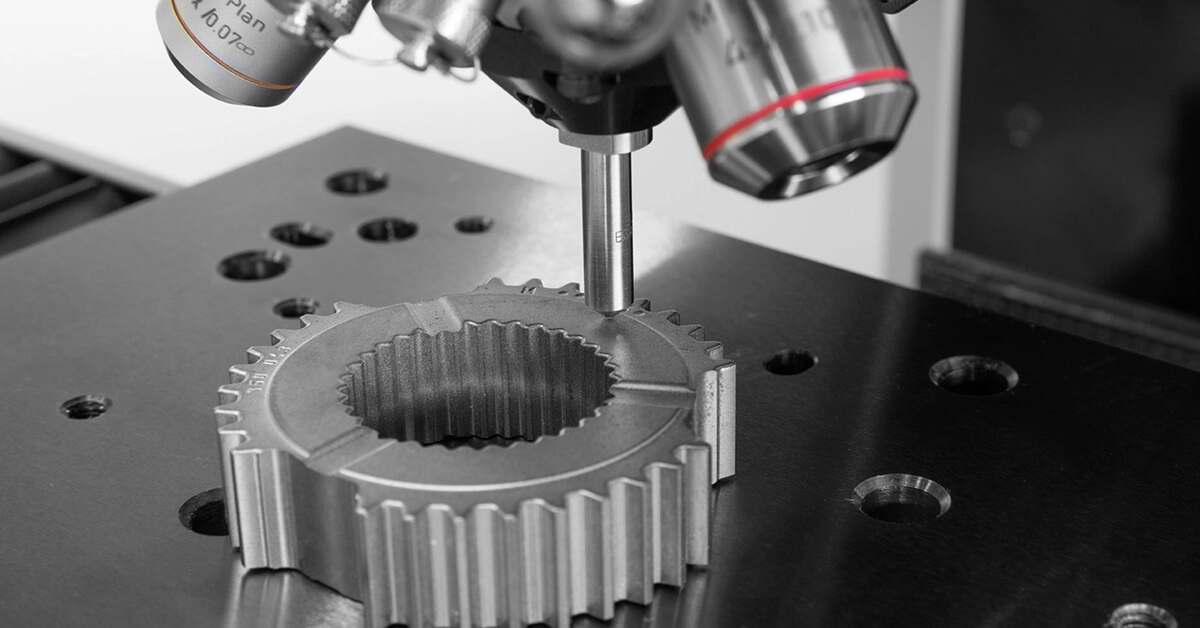
- +8615586668226
- [email protected]
- No. 30, Hongbang Industrial Park, Shenzhen

Compressive strength refers to a material’s ability to withstand forces that reduce its size. It measures how much load a material can bear before it deforms or fails under compression.
Understanding compressive strength is essential for engineers and designers who need materials that won’t buckle or fail under pressure.
While both are measures of strength, compressive strength and tensile strength assess different types of stress.
| Property | Compressive Strength | Tensile Strength |
|---|---|---|
| Force Direction | Pushing together | Pulling apart |
| Material Behavior | Deformation under compression | Elongation under tension |
Materials like concrete have high compressive strength but low tensile strength, making them ideal for specific applications.
Selecting materials with the right compressive strength ensures safety and performance.
In industries like aerospace and construction, the ability to withstand compressive forces is a critical factor.
Several materials are known for their exceptional compressive strength.
Concrete is a staple in construction due to its compressive strength.
Enhancing the compressive strength of concrete improves the structural integrity of buildings and infrastructure.
Both materials offer opportunities to develop products with superior compressive strength.
Accurate measurement of compressive strength is vital.
Understanding these metrics helps in selecting materials that can effectively resist deformation under load.
Materials with high compressive strength are essential in various industries.
Our Machining Services provide solutions tailored to these demanding applications.
Engineering techniques can improve a material’s compressive strength.
At our CNC Fabrication Manufacturing Plant, we specialize in developing materials that meet specific performance and durability requirements.
What is compressive strength?
It’s the capacity of a material to withstand loads tending to reduce size.
Why is compressive strength important?
It ensures that materials can handle compressive forces without failing, crucial for structural applications.
How is compressive strength measured?
Through compression tests that apply force until the material deforms or breaks.
Which material has the highest compressive strength?
Materials like ceramics and graphene are known for their exceptional compressive strength.
Can compressive strength be increased?
Yes, through material engineering techniques like heat treatment and alloying.
Elevate your projects with materials designed to withstand the toughest conditions. Explore our Precision Machining and Material Solutions to discover how we can meet your specific needs.
Image: Materials engineered for exceptional compressive strength.
Ready to enhance your products with the strongest materials? Contact us today and let’s build something remarkable together.
Get the latest trends and facts about CNC fabrication from our blog.
Shenzhen Runkey Precision Technology Co. Ltd, a subsidiary of the Tensun Group, is your trusted one-stop solution for custom manufacturing from prototyping to production.Transforming your idea into reality with digital manufacturing resources,streamlined processes, expert guidance,accelerated timelines, and uncompromising quality.
©2024. CNC Fabrication All Rights Reserved.